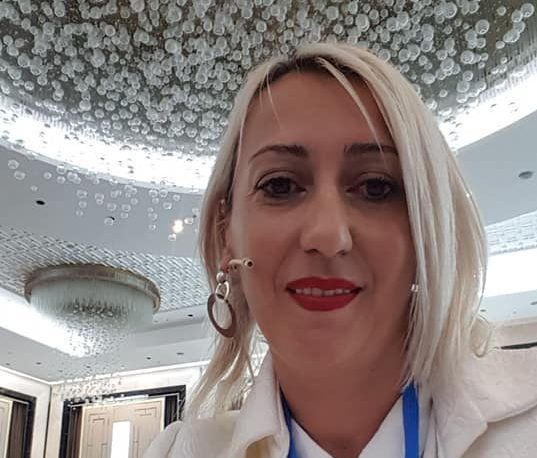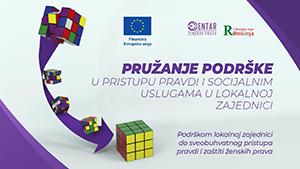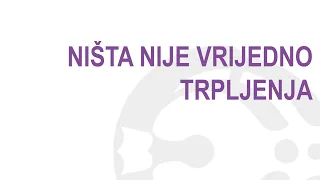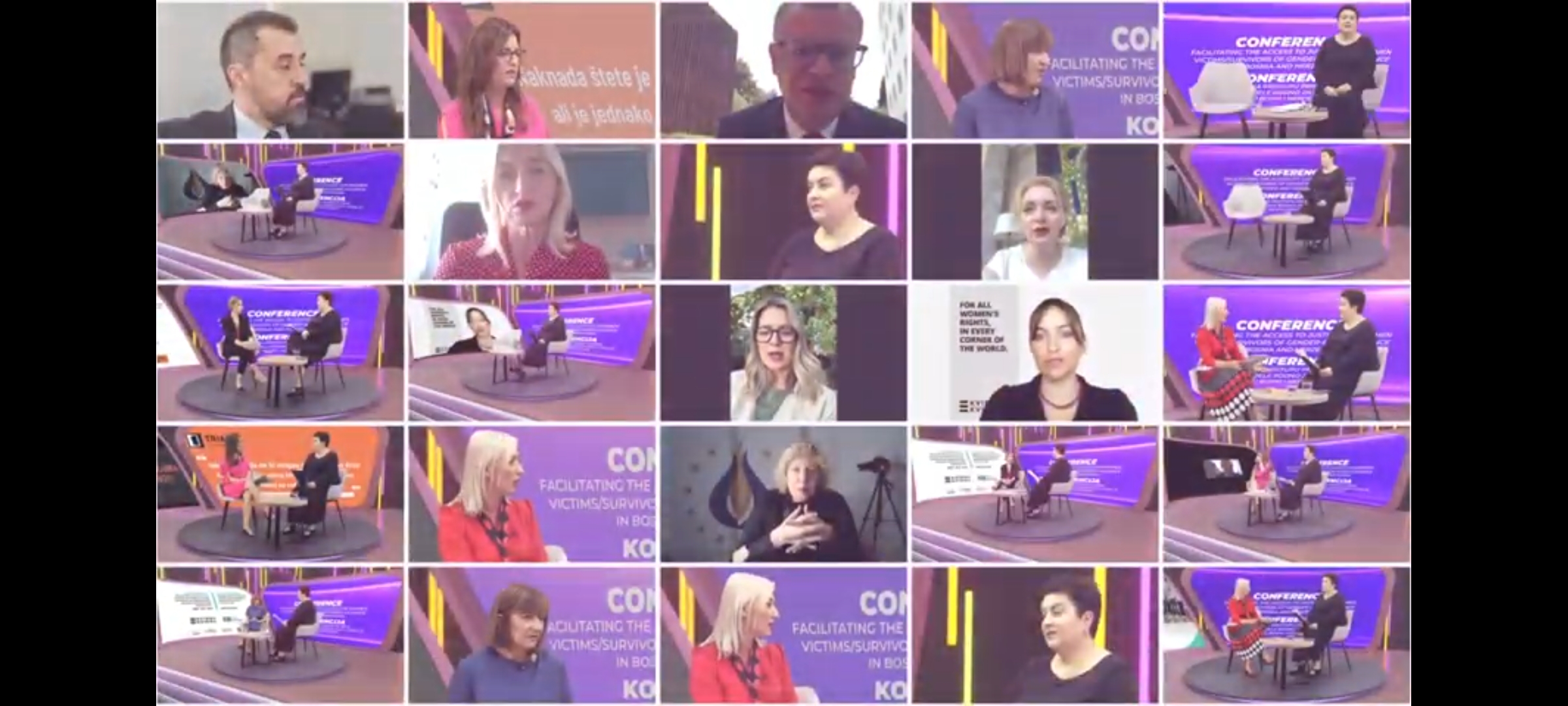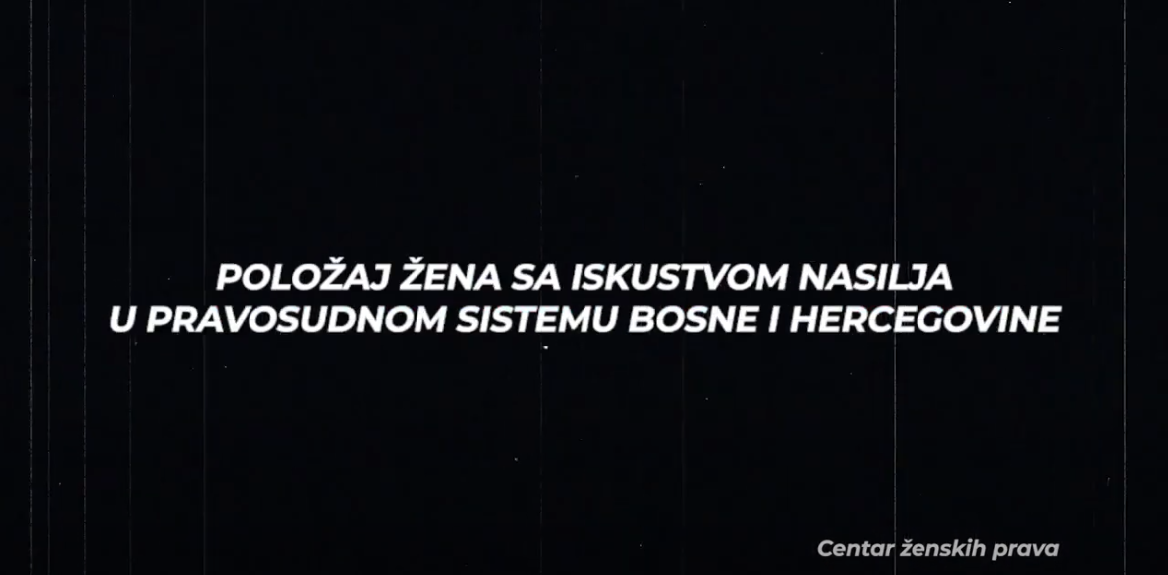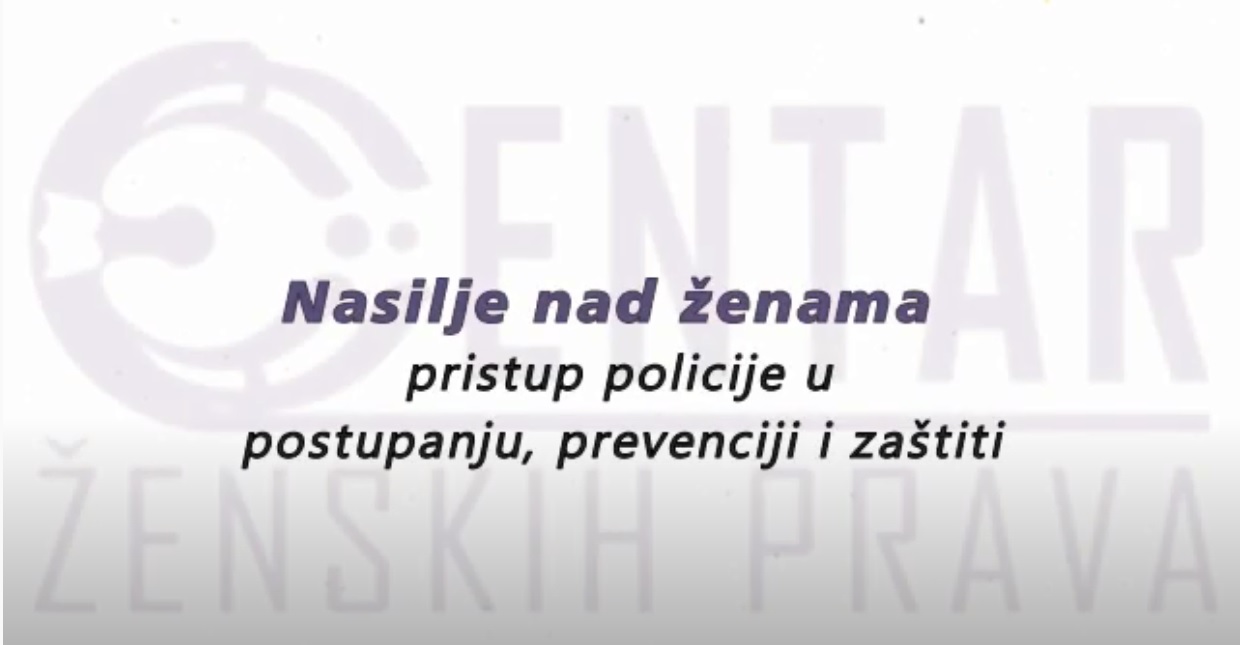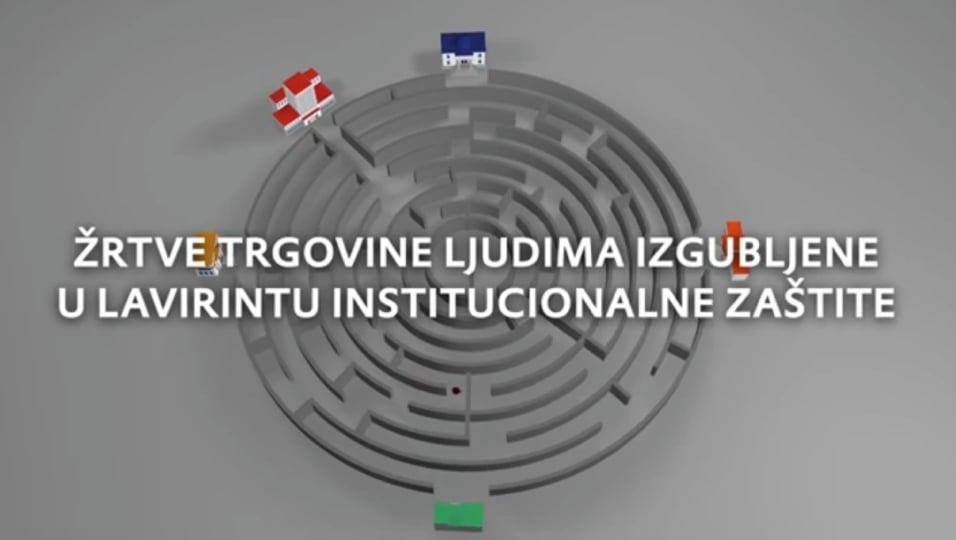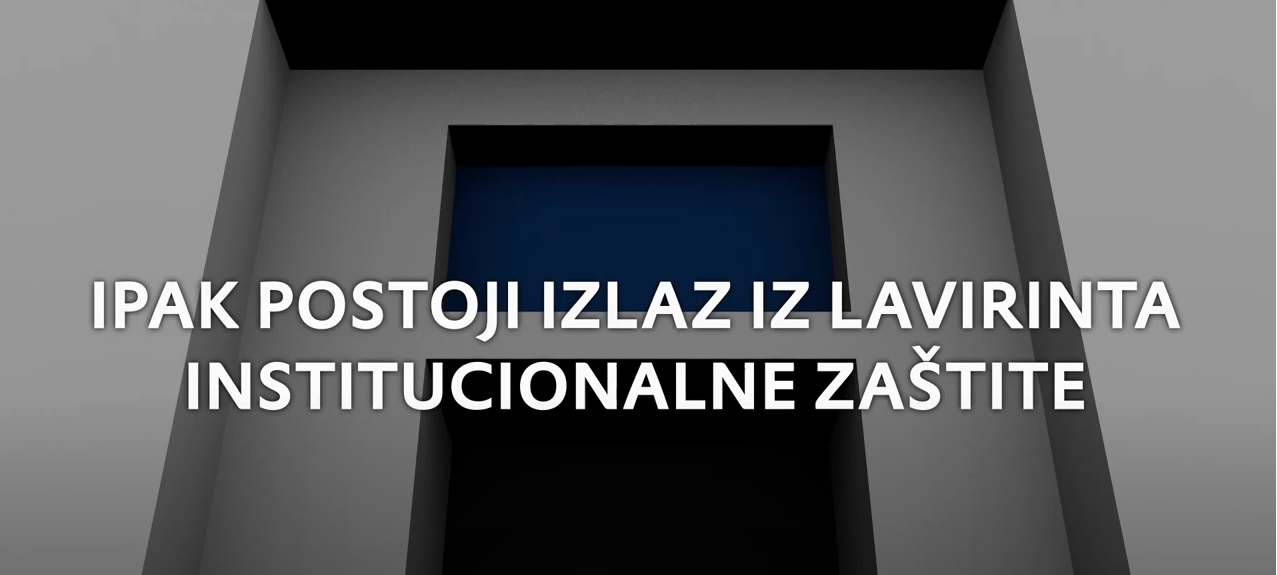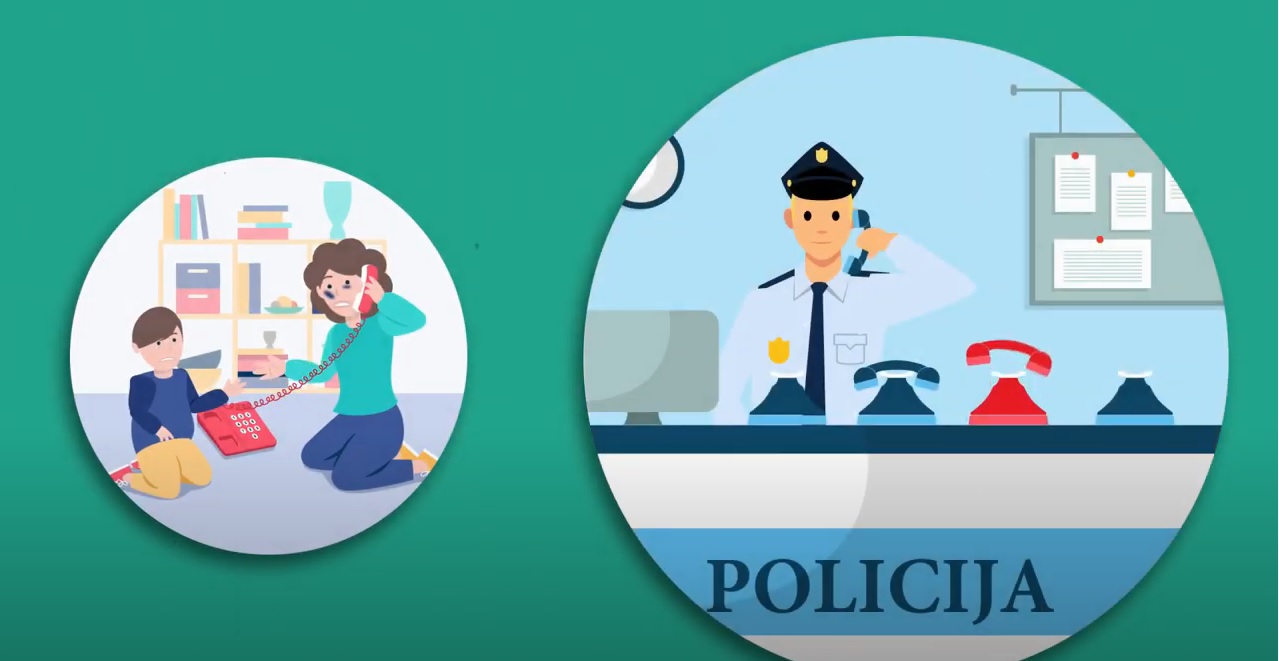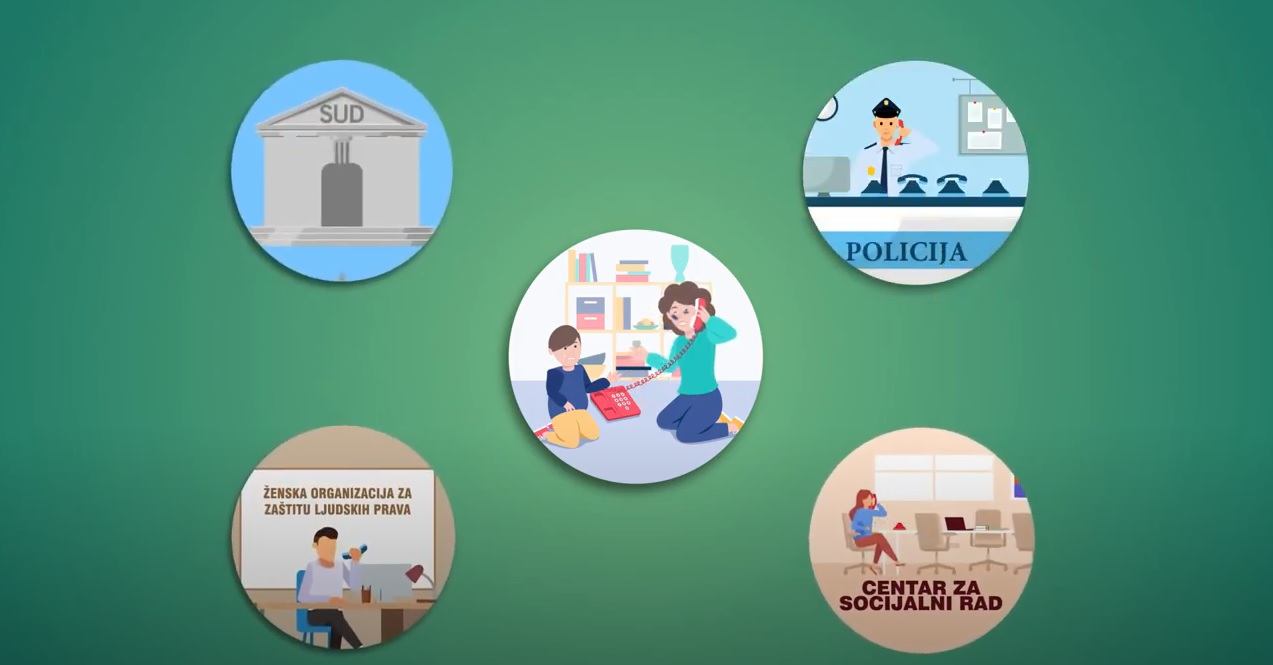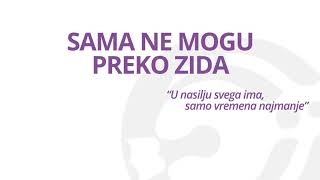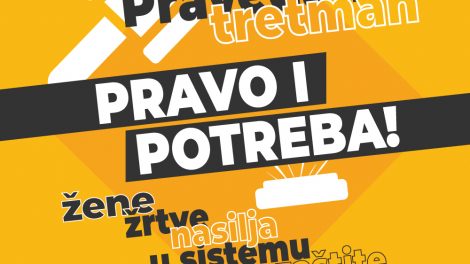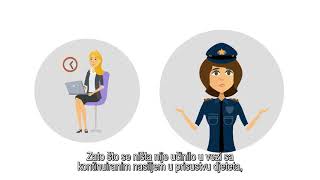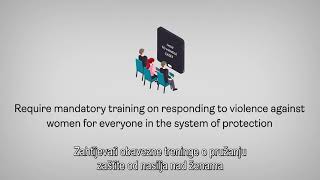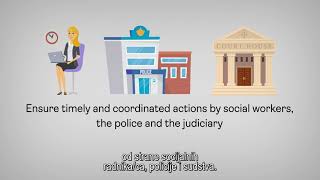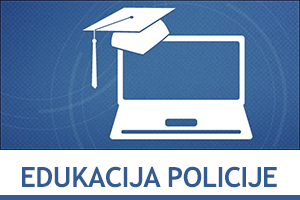Meliha Sendic, as one out of three CSO’s panellist from around the world, participated at the online Stakeholder Community Exchange on 16 April 2020 organized by the UN Trust Fund. In interview for UN Trust Fund Meliha shares information on the impact of COVID-19 on position of women in BiH:
How has COVID-19 impacted women survivors?
Since the outbreak, the Government instituted a lockdown and curfew (from 8 p.m. to 5 a.m.). Courts are not working; there is only one on-duty prosecutor; social work centres have been redirected to deliver aid packages; and police are primarily monitoring people in isolation and curfew violations. Social protection remains in the shadow of health protection. In practice, that means that women – including new mothers, single mothers, the disadvantaged, elderly and disabled, etc. – remain the most marginalized, without any social benefits. Some women are forced to stay in violent [settings]; courts’ decisions on divorce and custody of children are not respected; social workers and police are not reporting violations of previously imposed protective measures [such as restraining orders]; and no one monitors what happens after dark, nor reacts. The long-standing institutional issues we have been pointing out for years are becoming obvious.
Can you mention any concrete examples?
One example is a call for help that came two hours after curfew. It involved a divorced woman living with her ex-husband and two children, aged 15 and 10. The violence happened at a cottage 45–50 km away from the city, in front of the children! He threw the woman around the room, pulled her by her hair, ripped out a strand of hair. When their older son saw this, he stood up to defend his mother. The woman, together with her sons, fled the cottage without anything, locking the abuser in. They stood outside in T-shirts and slippers until a neighbour let them into their house.
When she called police, they told her they would not bring him in, nor impose protection measures because they were no longer married. If we didn’t intervene and provide the woman with guidance, this report of violence could have gone off the radar because of the insensitivity and ignorance of the police officer, which could have ended in a fatal outcome. We got a lawyer and a therapist talking with the woman and [helped her navigate the legal system], so this case is ongoing.
How have violence reports changed?
An illustration of how this situation is dire and severe for women is a simple comparison of data. Before the crisis, 48 per cent of women who turned to us experienced psychological violence and 11 per cent physical violence. Now the levels of physical and psychological violence are even.
How are you adapting your services in light of these challenges?
By pressuring the City Administration, we managed to introduce a free phone line for legal aid and psychological support for victims of all forms of violence, which is available daily from 8 am until midnight. In addition, there are two other phone numbers where women can call us or send messages via Viber or Messenger.
The Centre’s team is available for all kinds of legal counselling and other support. Due to the severity of problems women face, we engaged two therapists who work on a voluntary basis. First contact is made by on-duty members of the Centre answering calls or messages via social networks/apps, who then connect clients with the therapists.
Previously established online legal support for women and children has, in this crisis situation, shown its advantage more than ever. It enables women, regardless of their place of residence, to turn to someone for help, and get answers quickly.
Our organization continues with our distance learning programme, educating the police in Sarajevo Canton. The platform has shown tremendous advantages over conventional learning methods, especially in situations where trainees cannot be absent from work and when other constraints exist.
What happens after COVID-19?
An unexpected problem we face is the withdrawal of funds earmarked for non-governmental organizations by different levels of government, who are redirecting those funds to other sectors such as health care. [We also need to] properly lay the groundwork to eliminate shortcomings in the system of protection of women against violence, which we have been pointing to for years. COVID-19 will pass, but will anything change in the protection system?
Original article available at THIS link.



